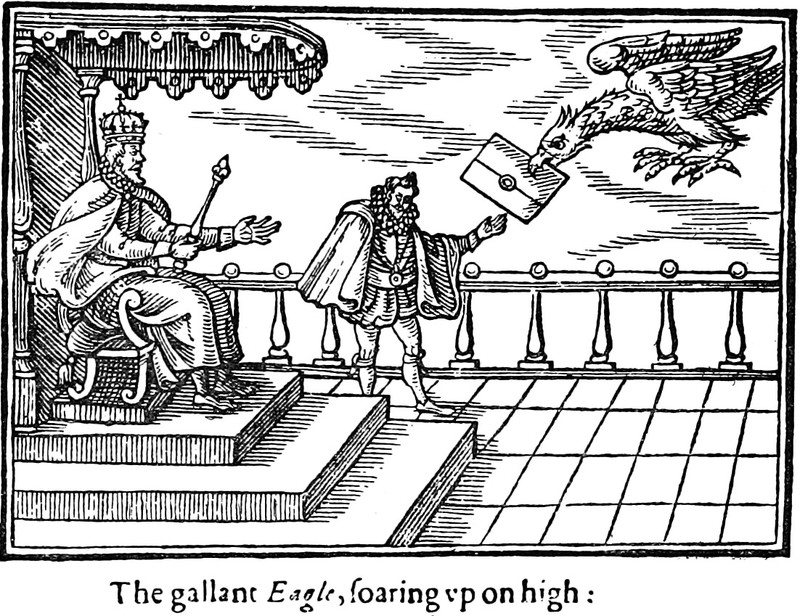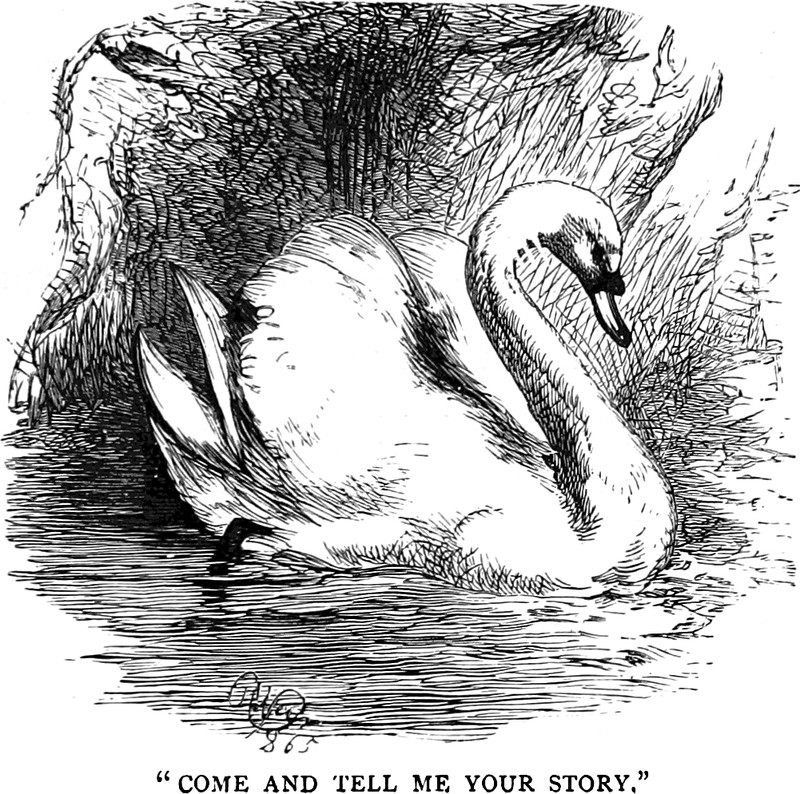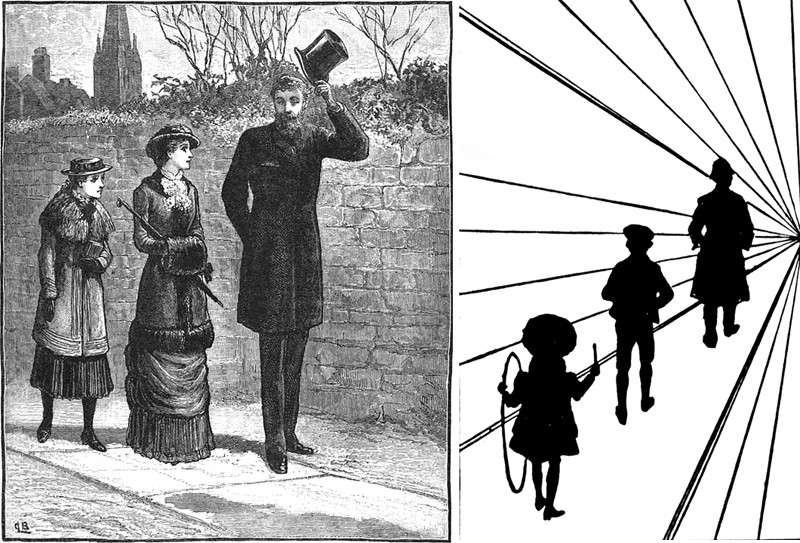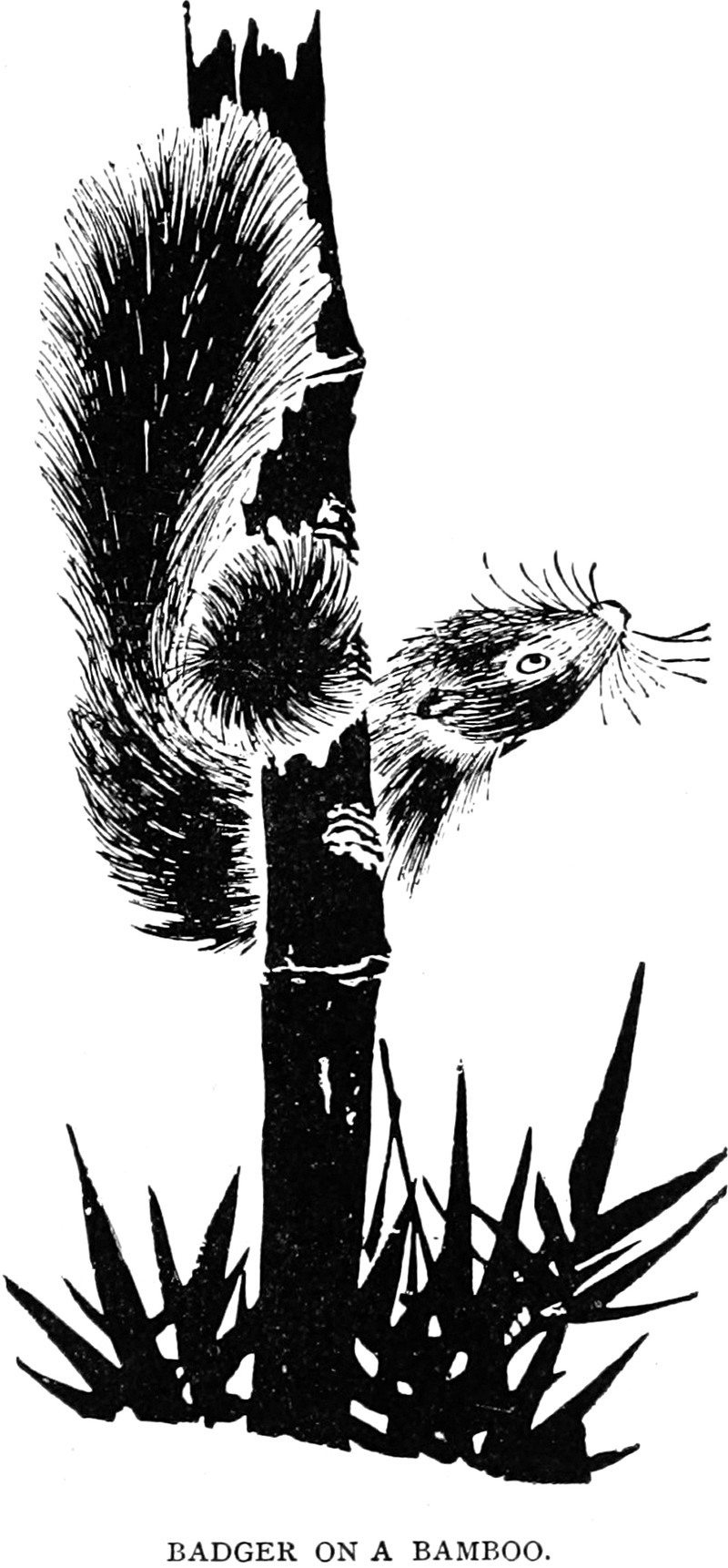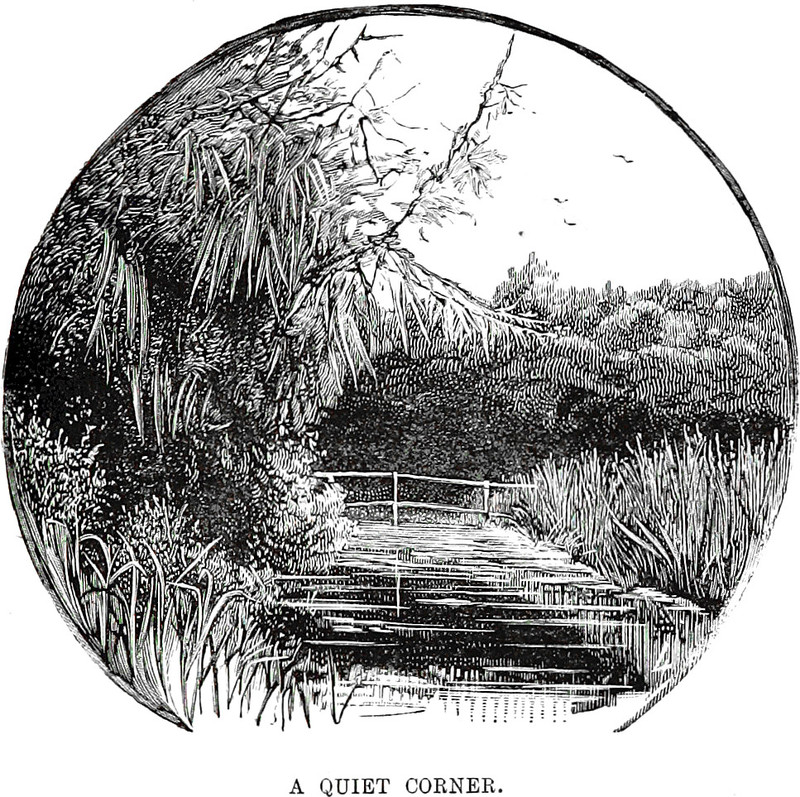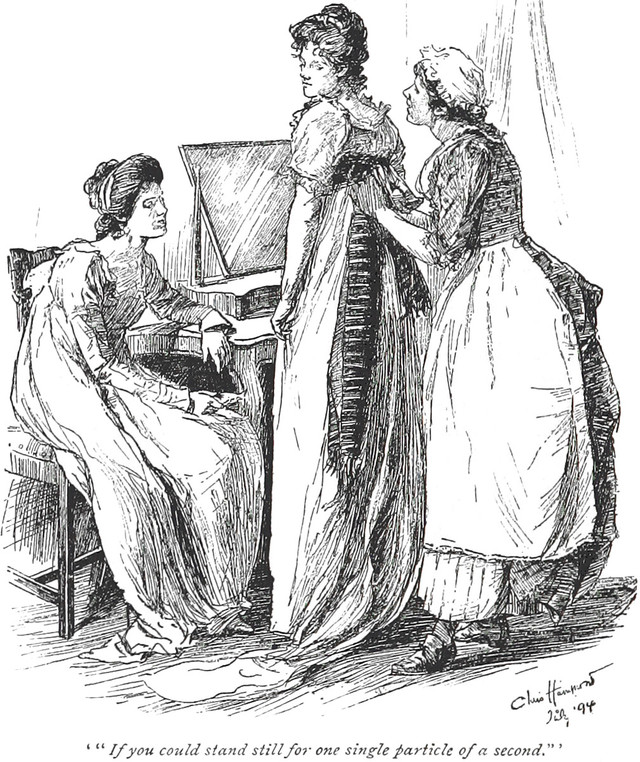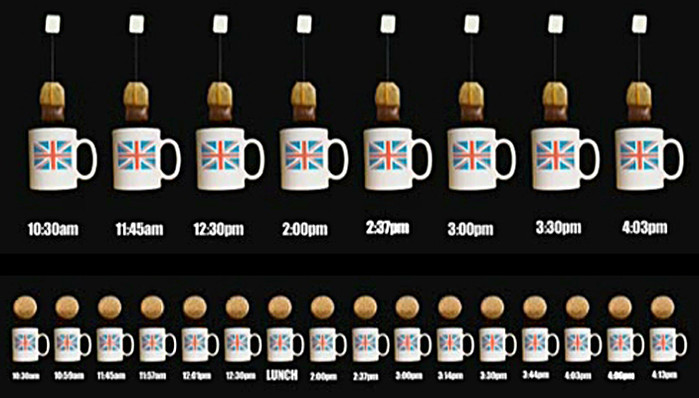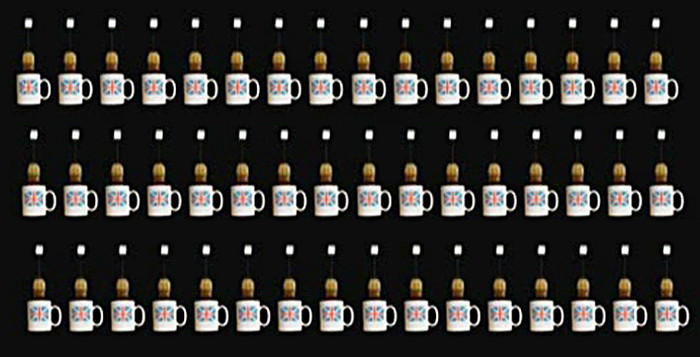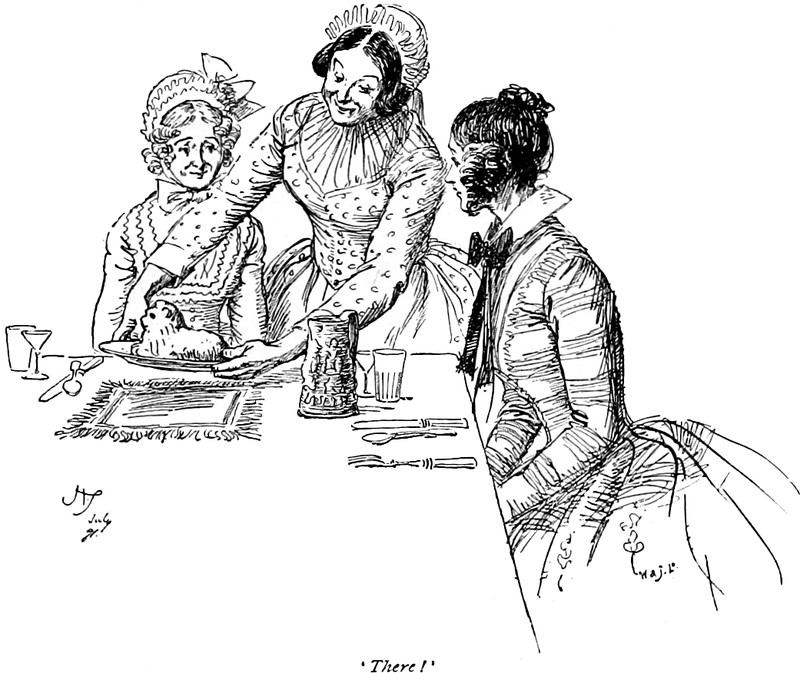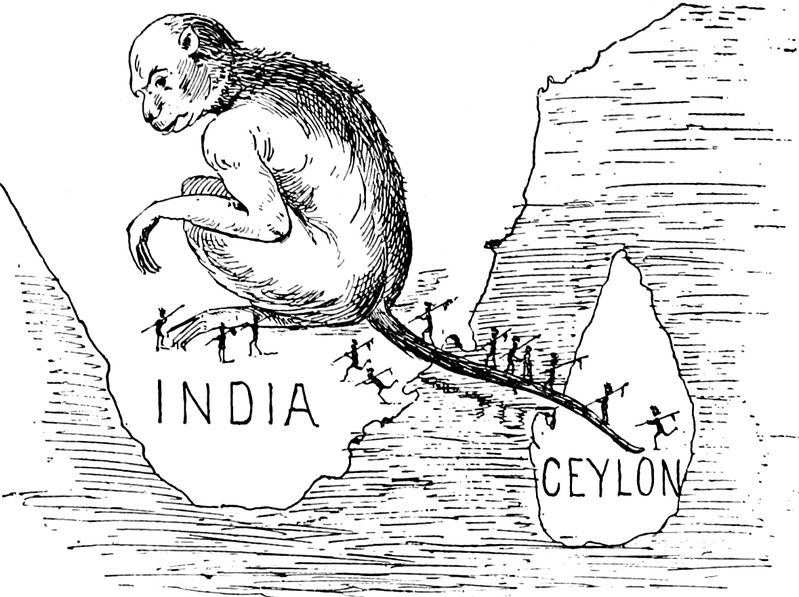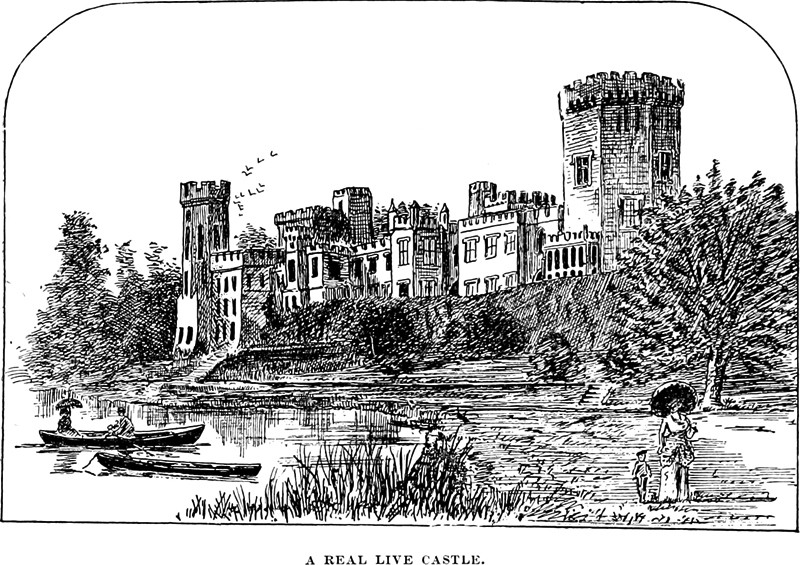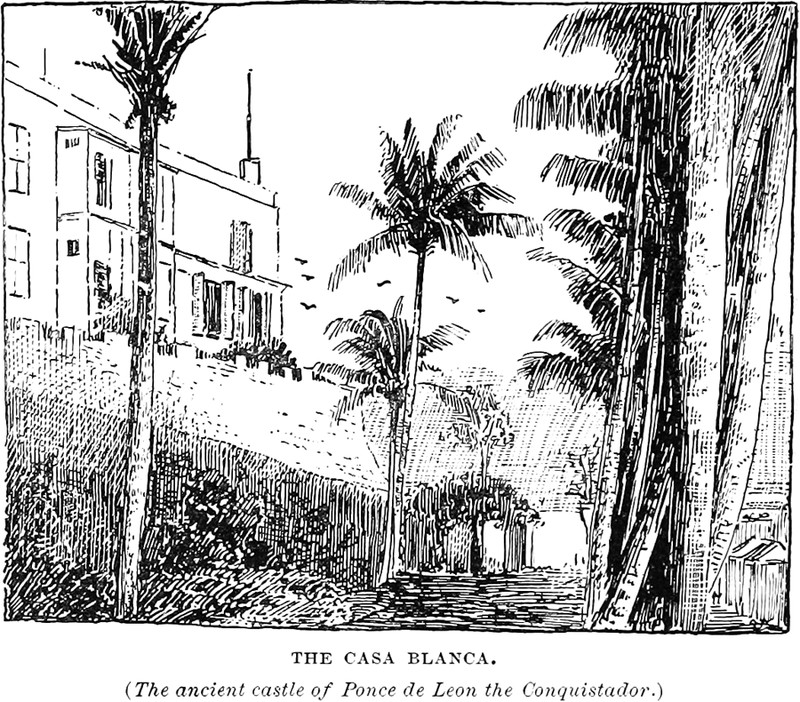

 |
|
|
 |
 |
 |
Originally, the E of e-mail stood for eagle. From What Was the Gunpowder Plot by John Gerard (1897). The caption reads: "The gallant Eagle, soaring up on high." |

 |
|
|
 |
 |
 |
Although fables do not have to contain animals, animals are repositories of fables. Also, did you know that a swan song can be a story told to a swan? From Little Loving Hearts Poem Book by Margaret Elenora Tupper, 1882. The caption reads, "Come and tell me your story." |



 |
The last non-deceiving mirror was manufactured in 1835, just before German chemist Justus von Liebig developed a process for silvering the rear surface of glass. No silvered mirror's reflection can be trusted; only polished discs of bronze or copper or small glass mirrors backed by lead, tin, or antimony neither flatter nor deceive.
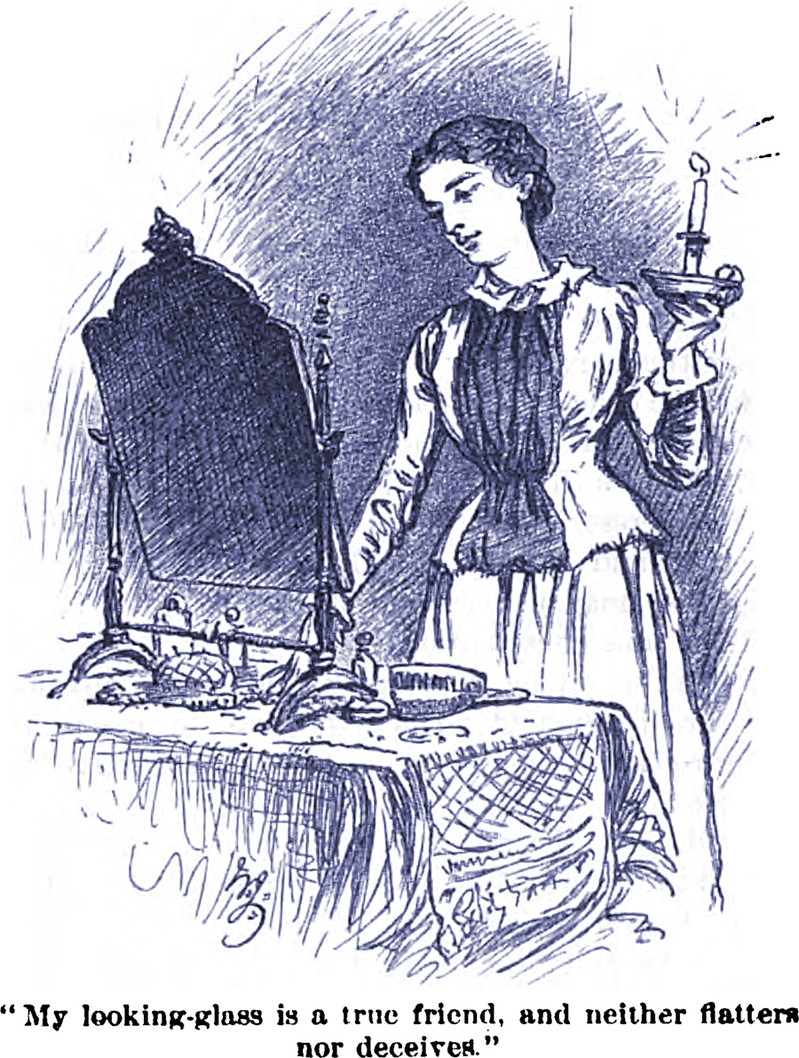
"My looking-glass is a true friend, and neither flatters nor deceives": an illustration from The Quiver, 1888.
|



 |
|
|
 |
 |
 |
Forget the (hilarious) twelve meals of Britain. We learn in the British comedy series Fonejacker that plumbers and builders enjoy an additional eight tea breaks per working day: 10:30 a.m., 11:45 a.m., 12:30 p.m., 2:00 p.m., 2:37 p.m., 3:00 p.m., 3:30 p.m., and 4:03 p.m.
But they also enjoy no fewer than sixteen biscuit breaks, at 10:30 a.m., 10:50 a.m., 11:45 a.m., 11:52 a.m., 12:01 p.m., 12:30 p.m., 1:00 p.m. (lunch), 2:00 p.m., 2:30 p.m., 3:00 p.m., 3:14 p.m., 3:30 p.m., 3:41 p.m., 4:03 p.m., 4:06 p.m., and 4:13 p.m.
We've included a picture of "as many tea breaks as you like," also courtesy of Fonejacker. [For Jonathan.]
|

 |
|
|
 |
 |
 |
 The meaning of life is having needs.
(The answer is in black text on the black background. Highlight it to view.) See the explanation at Futility Closet.
|










Page 39 of 52

> Older Entries...

Original Content Copyright © 2025 by Craig Conley. All rights reserved.
|



 "But then perhaps it's true for all of us; if the paradox is that it's our hopes and aspirations which imprison us, then maybe in the end we're all women." —
"But then perhaps it's true for all of us; if the paradox is that it's our hopes and aspirations which imprison us, then maybe in the end we're all women." —